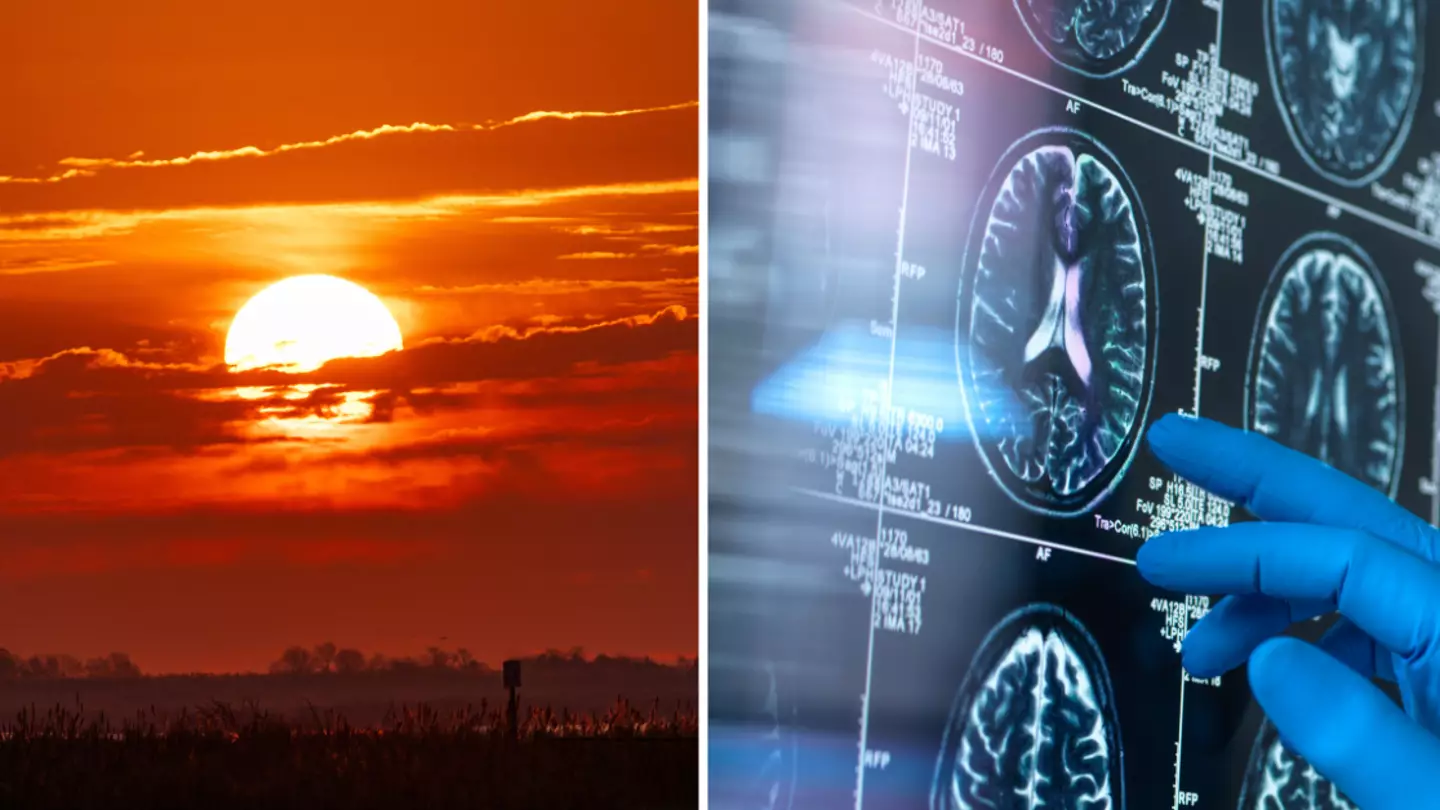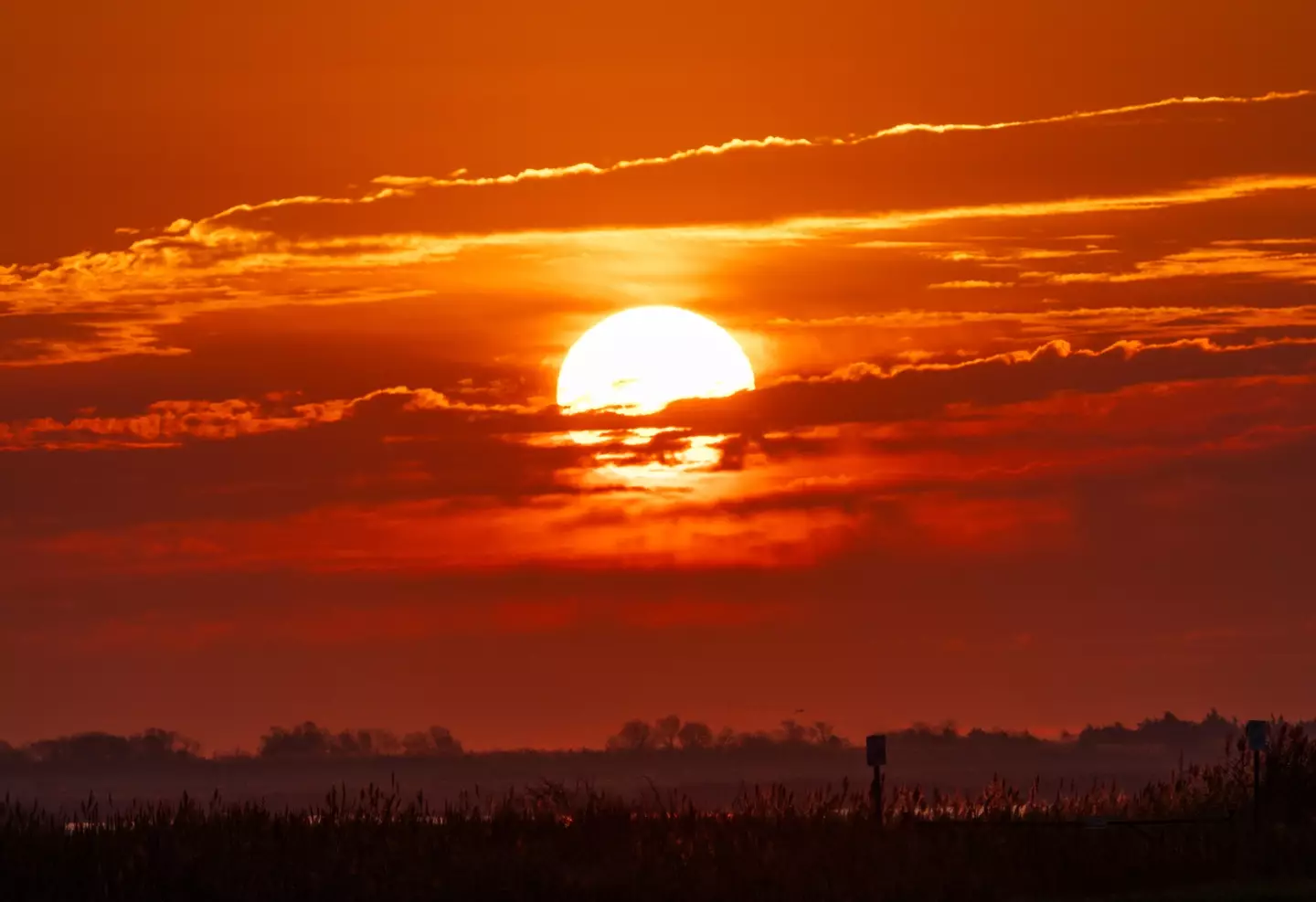
As the days get shorter, a curious condition may become more apparent for some people, indicating they may be in the early stages of dementia.
What is sundowning?
'Sundowning' is a condition which presents symptoms during sunset only, and it could be linked to early signs of dementia.
Sundown syndrome is currently an under-researched condition, recognised by health professionals due to its familiar symptoms.
Advert
The condition is unique, as patients are only thought to experience the symptoms for a few hours of the day, notably when the sun is going down.
Although people aren't exactly sure of the root cause, some researchers think it could be to do with a disturbance in the body's natural clock.
This is called the suprachiasmatic nucleus (SCN), and it's responsible for receiving information from the eyes about the light levels in the environment.
The SCN responds by instructing the release of different hormones, known as circadian rhythms.

However, diseases like dementia are thought to damage the brain cells in the SCN, stopping it from responding appropriately to changing light levels.
What are the symptoms of sundowning?
This causes symptoms such as confusion, agitation, walking without purpose, disorientation, hallucinations, and aggression - in the few hours where sunlight levels drop.
If the SCN isn't working properly due to the disease, it can cause real confusion for patients.
It's important to note that this hasn't been scientifically proven, and that most of the research is based of anecdotal experiences with dementia sufferers.
Anecdotal reports suggest that fatigue, darkness, room changes, and physical illness could all trigger sundowning.
.jpg) Dementia is more common in women than men. (Getty stock images)
Dementia is more common in women than men. (Getty stock images)
.jpg)
How to deal with sundowning
However, health organisations such as Mayo Clinic in the US, and Healthline have provided some tips that could help anyone experiencing the condition.
They suggest adjusting light level accordingly to the time of day, can avoid any sudden changes in brightness.
For example, turning on a bright light during sundown would swerve any changes in the environment at all.
If someone particularly suffers with sleep, it is advisable to keep them as active as possible during the day, avoiding naps, to ensure they get a full night's sleep.
This reduces fatigue and can limit the occurrence of sundowning.
Keeping an environment and routine as familiar as possible is also good practice, as any drastic changes could lead to worsening symptoms.
Waking up and going to bed at the same time is preferable, as well as seeing familiar or the same people regularly.
Monitoring behaviour has been advised, particularly around the time of sunset.
This is helpful to pick up on triggers, which caregivers can then make small adjustments in accordance.
